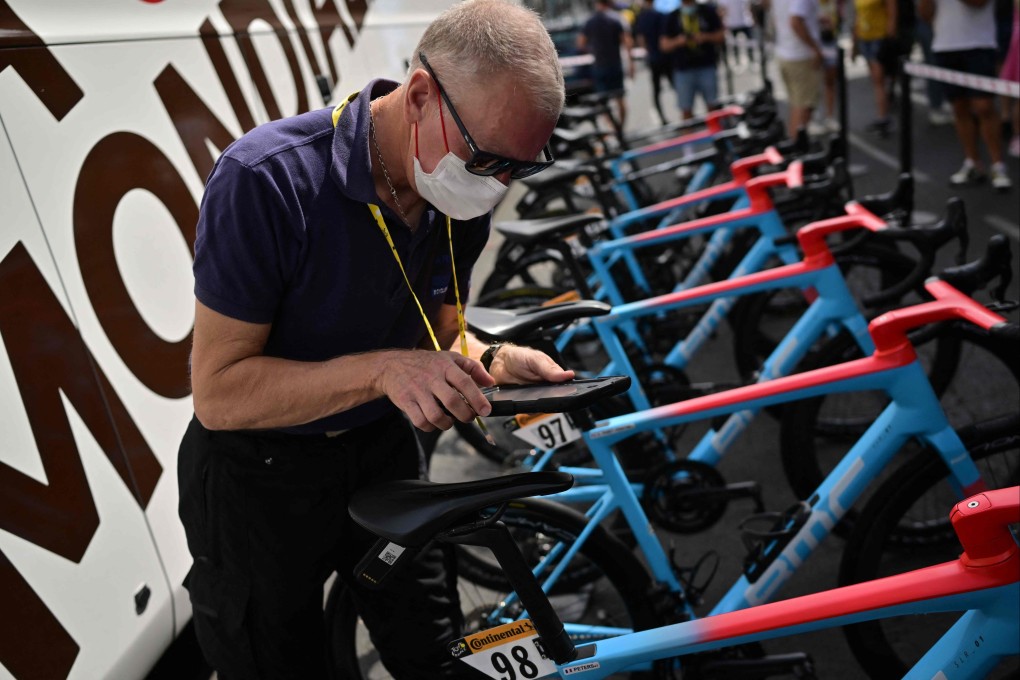World cycling’s governing body bans transgender athletes from women’s events
- UCI says ban, which will come into effect on Monday, necessary to ‘ensure equal opportunities’
- Win by American rider Austin Killips in fifth stage of the Tour of the Gila sparked wave of protests

Transgender athletes who transitioned after male puberty will no longer be able to compete in women’s races, world cycling governing body the UCI said on Friday.
The decision came after American rider Austin Killips became the first openly transgender woman to win an official cycling event earlier this year.
“From now on, female transgender athletes who have transitioned after [male] puberty will be prohibited from participating in women’s events on the UCI International Calendar — in all categories — in the various disciplines,” the international federation said in a statement.
The UCI said the ban, starting on Monday, was necessary to “ensure equal opportunities.”
Killips rode to victory in the fifth stage of the Tour of the Gila, one of the marquee US stage races.

Her victory provoked a negative reaction by some cycling fans and former racers despite the 27-year-old athlete having adhered to a policy put in place by the UCI last year requiring transgender athletes to have serum testosterone levels of 2.5 nanomoles per liter or less for at least 24 months before competing in women’s events.